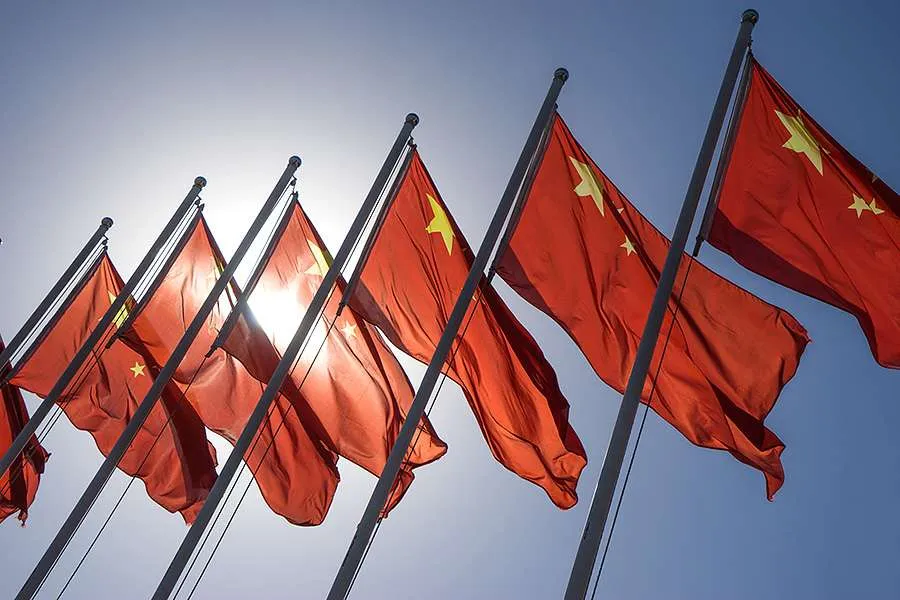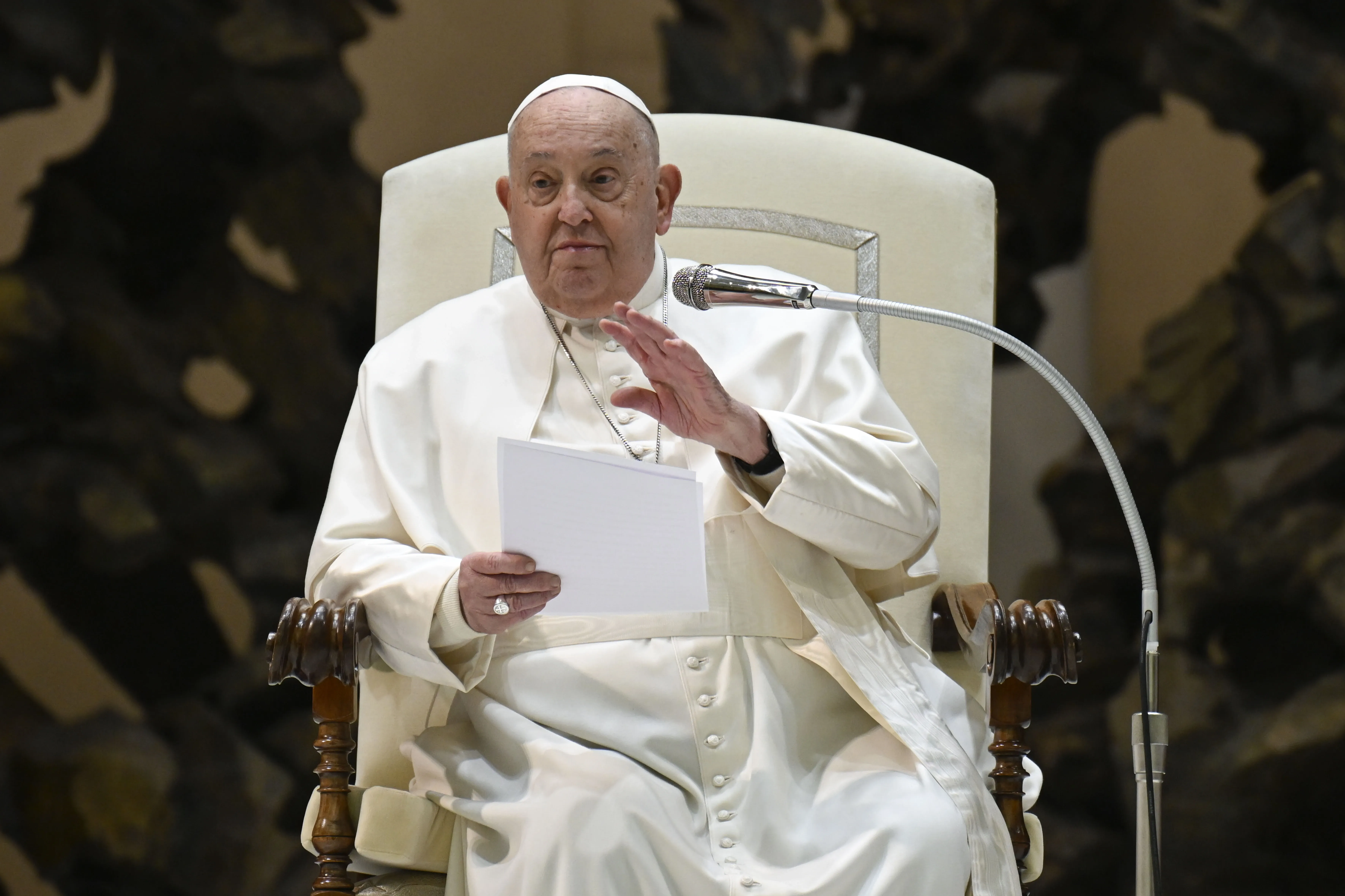Hubei, where the the virus originated, has 11,177 confirmed cases of coronavirus. Zhejiang has 724 confirmed cases, and Fujian has 179.
The Vatican has sent between 600,000 to 700,000 face masks to these three provinces in China since Jan. 27, according to the Global Times.
The donation comes when the Chinese government is regulating face mask sales within China to combat medical supply shortages. In some provinces, people are required to register their government identity card on a phone app to purchase a face mask.
The Chinese state-run news outlet Global Times first reported the Vatican donation of the face masks with photos of Cardinal Konrad Krajewski, the papal almoner, and masks inside plastic bags with the Vatican City coat of arms. The Global Times is an English-language newspaper owned by the People’s Daily, the official newspaper of the Central Committee of the Communist Party of China. Vatican News later confirmed the report, but the Holy See Press Office did not make a public announcement of the donation.
A Chinese diocesan priest, Fr. Ma Yuxing, 62, is among those infected with coronavirus, according to UCA News. After being diagnosed Jan. 24, Fr. Ma remains isolated at Nanyang Central Hospital.
The 99-year-old bishop emeritus of Nanyang, Joseph Zhu Baoyu, is also suspected to have contracted the virus, UCA reports. Bishop Zhu is under quarantine with a fever in a Nanyang hospital after his assistant was diagnosed with coronavirus on Jan. 29.
Believed to be a new strain within the coronavirus family, the 2019-nCoV virus can cause fever, cough, and difficulty breathing. In some cases, it can lead to pneumonia, kidney failure, and severe acute respiratory syndrome.
Wuhan, a city around the size of London, has been on lockdown since Jan. 23 with restrictions on travel by trains, planes, ferries, and cars. Church services have also been banned in Wuhan, and at least 2 other provinces.
Human rights groups have criticized the Chinese government for censoring information from the public, downplaying the contagious nature of the virus, and denying infection rates.
A report from Human Rights Watch said that “authorities have detained people for ‘rumor-mongering,’ censored online discussions of the epidemic, curbed media reporting, and failed to ensure appropriate access to medical care for those with virus symptoms and others with medical needs.”





